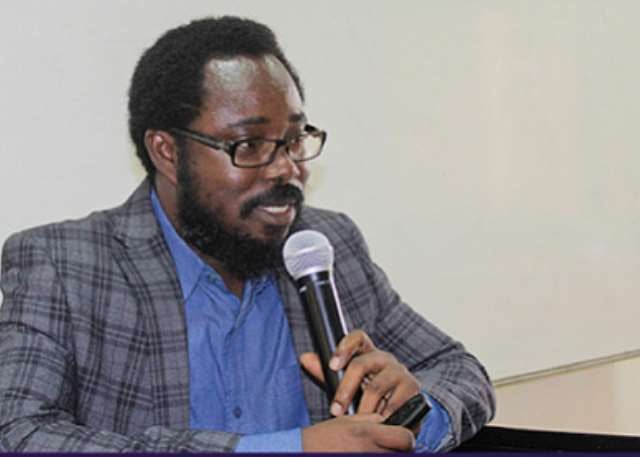The political landscape in Ghana is buzzing with debate surrounding the optimal size of President John Mahama’s cabinet. Minority Leader Alexander Afenyo-Markin has publicly urged President Mahama to reconsider his campaign promise of limiting ministerial appointments to 60, arguing that such a lean structure would hinder effective governance. Afenyo-Markin suggests that the complexities of governance necessitate a larger ministerial team, and that succumbing to pressure from civil society for smaller government is a political misstep. He even proposes that the President should apologize to the nation and admit to underestimating the demands of the task, recommending an increase in ministerial appointments.
This call for expansion, however, has been met with skepticism from political analysts, notably Professor Kobby Mensah, Associate Professor of Marketing at the University of Ghana Business School. Professor Mensah posits that the minority’s appeal is a calculated political maneuver, a “trap” designed to lure President Mahama into a position of vulnerability. He argues that if the President were to acquiesce to the minority’s demands, he would open himself up to criticism for backtracking on his campaign promise and potentially expanding the government beyond reasonable limits. This, according to Professor Mensah, would erode public trust and provide ammunition for political attacks. He expresses confidence that President Mahama is astute enough to recognize this political strategy and will likely resist the pressure to expand his cabinet.
The crux of this debate lies in the conflicting perspectives on the relationship between government size and effectiveness. The minority’s argument centers on the perceived need for a broad ministerial base to address the diverse challenges facing the nation. They imply that a smaller cabinet would be overstretched and unable to effectively manage the intricacies of governance. This perspective suggests a direct correlation between the number of ministers and the government’s capacity to perform its duties. Conversely, the proponents of a leaner government, including civil society organizations and seemingly President Mahama himself, emphasize efficiency and cost-effectiveness. They argue that a smaller cabinet promotes streamlined decision-making, reduces bureaucratic redundancy, and minimizes the financial burden on the state.
The backdrop to this debate is the pre-election pledges made by both leading presidential candidates, John Dramani Mahama and Dr. Mahamudu Bawumia. Both candidates responded to public sentiment demanding leaner, more efficient governments by committing to significantly reduce the number of ministerial appointments. Mahama pledged a maximum of 60 ministers, while Bawumia aimed for an even leaner 50. These promises reflect a growing awareness among the electorate of the potential benefits of smaller government, including reduced expenditure and increased accountability. President Mahama’s initial actions upon assuming office, including reducing the number of ministries and indicating a reluctance to appoint deputy ministers in certain areas, suggest a commitment to fulfilling his campaign promise.
The current disagreement, therefore, presents a crucial test of President Mahama’s political resolve. Will he maintain his commitment to a leaner government, prioritizing efficiency and adhering to his pre-election pledge? Or will he succumb to the pressure from the minority, potentially at the risk of appearing inconsistent and susceptible to political maneuvering? The outcome of this situation will likely have significant implications for public perception of the President’s leadership style and his commitment to fiscal responsibility.
The debate also underscores the inherent tension between political expediency and principled governance. While the minority’s call for more ministers might be framed as a genuine concern for effective governance, it is also undeniably a strategic move with potential political benefits for the opposition. President Mahama’s response will reveal his priorities – whether he prioritizes adherence to his campaign promises and the principles of efficient governance, or whether he opts for a more pragmatic approach that potentially prioritizes short-term political advantage. This decision will be closely watched by both the public and the political establishment, setting a precedent for future debates on the size and structure of government in Ghana.


